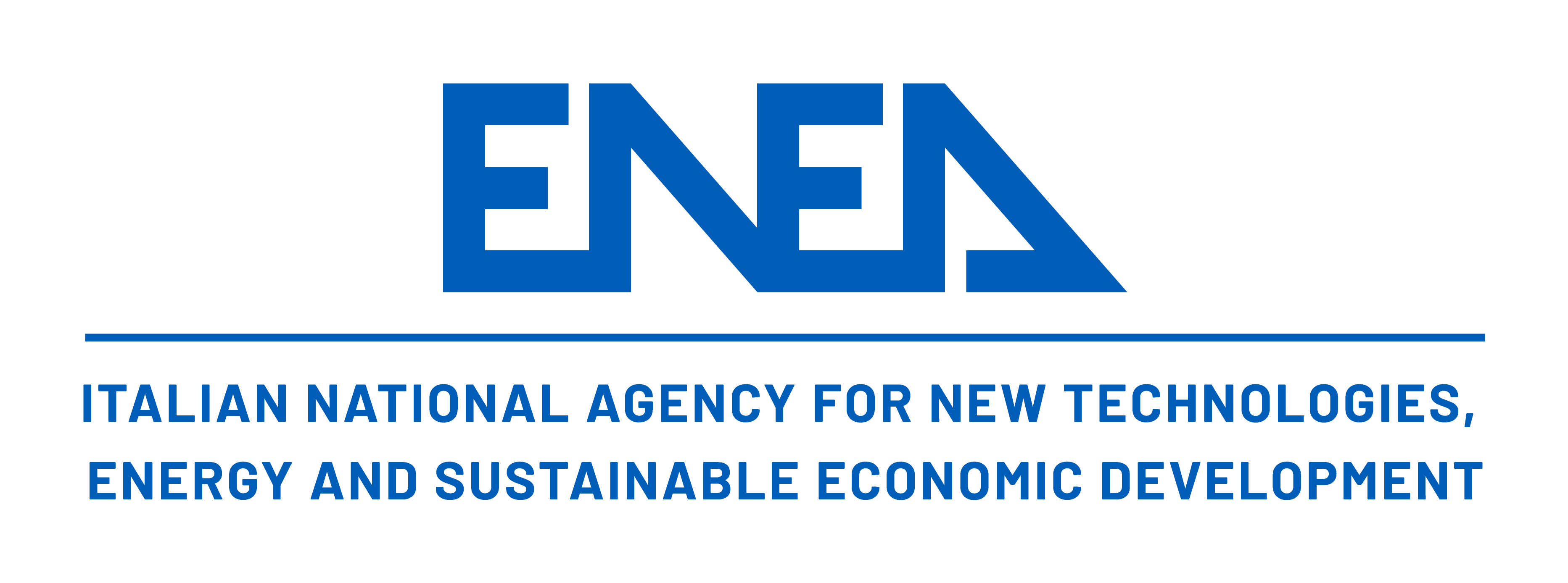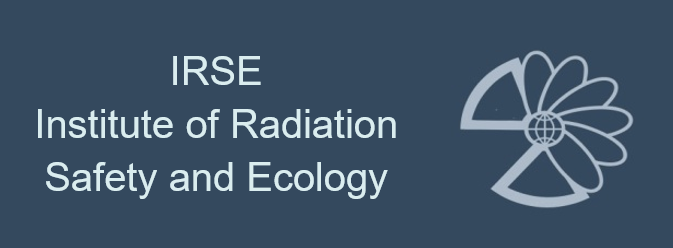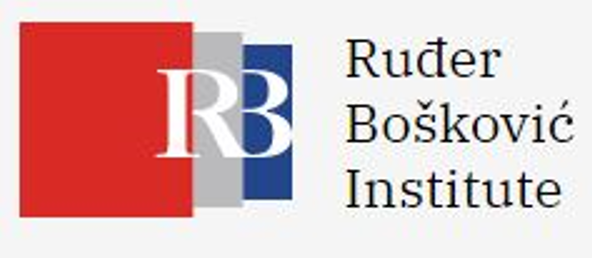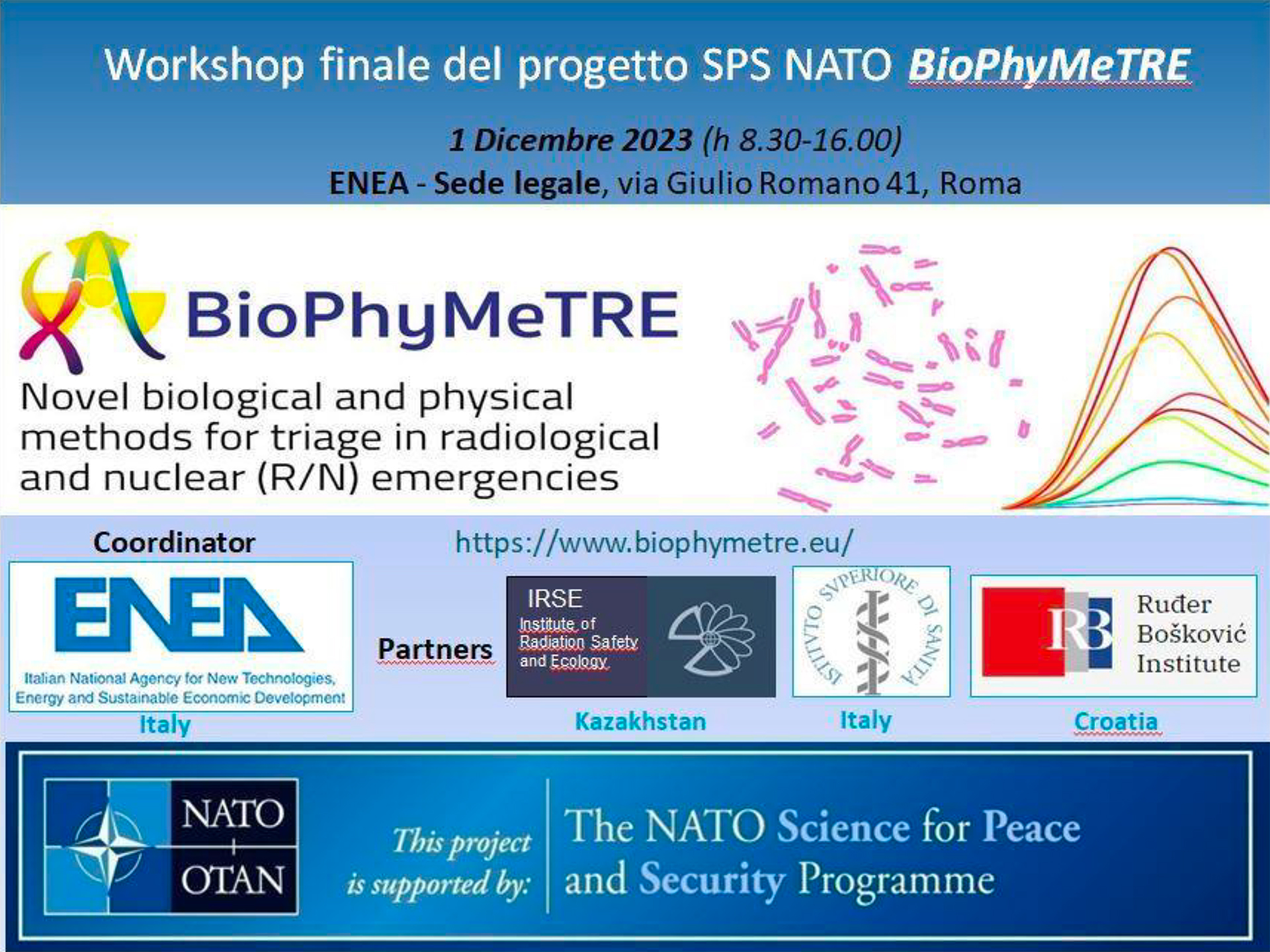Institute of Radiation Safety and Ecology (IRSE), National Nuclear Center – Kazakhstan


Novel biological and physical methods for triage in radiological and nuclear (R/N) emergencies
The project entitled “Novel biological and physical methods for triage in radiological and nuclear (R/N) emergencies” (BioPhyMeTRE) is funded by the NATO Science for Peace and Security (SPS) Programme.
As the result of large scale radiological or nuclear (R/N) emergencies, a considerable number of individuals can receive a range of radiation doses spanning from background levels to those large enough to cause medical consequences.
At this time, efficient and reliable triage of casualties, using biological, physical and clinical endpoints, able to rapidly identify individuals suspected of over-exposure to life-threatening doses, is urgently needed, as the immediate assessment of the absorbed dose allows to identify individuals who need urgent medical intervention.
The BioPhyMeTRE Project focuses on innovative biological and physical methods allowing a rapid screening/triage of potential overexposed individuals in case of radiological and nuclear emergencies, by using inexpensive and user-friendly analytical procedures and devices.
The novel biological protocol combines the two most standardised cytogenetic dosimetry methods (the dicentric chromosome assay and the micronucleus test) into a single one, while the physical dosimetry method involves the use of a low cost, portable mini photo-luminescence reader for the individual dose assessment by using personal objects.
The project is coordinated by ENEA and involves the Institute of Radiation Safety and Ecology (IRSE) of National Nuclear Center of Kazakhstan, the National Health Institute (ISS) of Italy and the Ruđer Bošković Institute (RBI) of Croatia.
COORDINATOR

ENEA
Italian National Agency for New Technologies, Energy and Sustainable Economic Development
Partners

IRSE

ISS
National Health Institute (ISS) – Italy

RBI
Ruđer Bošković Institute (RBI) – Croatia
NATO country Project Director (NPD):
Dr. Antonella Testa (ENEA)
NATO Partner country Project Directors (PPD):
Dr. Laura Kenzhina (IRSE)
Project Co-Directors:
Dr. Emanuela Bortolin (ISS), Dr. Nadica Maltar Strmečki (RBI)
The NATO Science for Peace and Security (SPS) Programme

The NATO Science for Peace and Security (SPS) Programme (https://www.nato.int/cps/en/natolive/78209.htm) is a NATO programme promoting security-related practical cooperation based on scientific research, innovation and knowledge exchange within NATO’s wide network of partner countries.
It connects scientists, experts and officials from Allied and partner countries to address security challenges, such as cyber defence, counter-terrorism or defence against CBRN agents; to support NATO-led missions and operations; to foster the development of security-related advanced technologies such as sensors and detectors, nanotechnologies, unmanned aerial vehicles (UAVs); and to address human and social aspects of security such as the implementation of United Nations Security Council Resolution 1325 on Women, Peace and Security (UNSCR 1325).
In this regard, the SPS Programme greatly benefits from the expertise of other NATO agencies, divisions and delegations, and bodies such as centres of excellence.
The Programme provides the Alliance with a unique channel for non-military communication, including in situations or regions where other forms of dialogue are difficult to establish. It enables NATO to become actively involved in such regions, often serving as the first concrete link between NATO and a new partner.
The SPS Programme has evolved continuously since its foundation in 1958. To this end, a comprehensive reorientation of the Programme took place in 2013, which gave SPS a renewed focus on larger-scale strategic activities beyond purely scientific cooperation.

